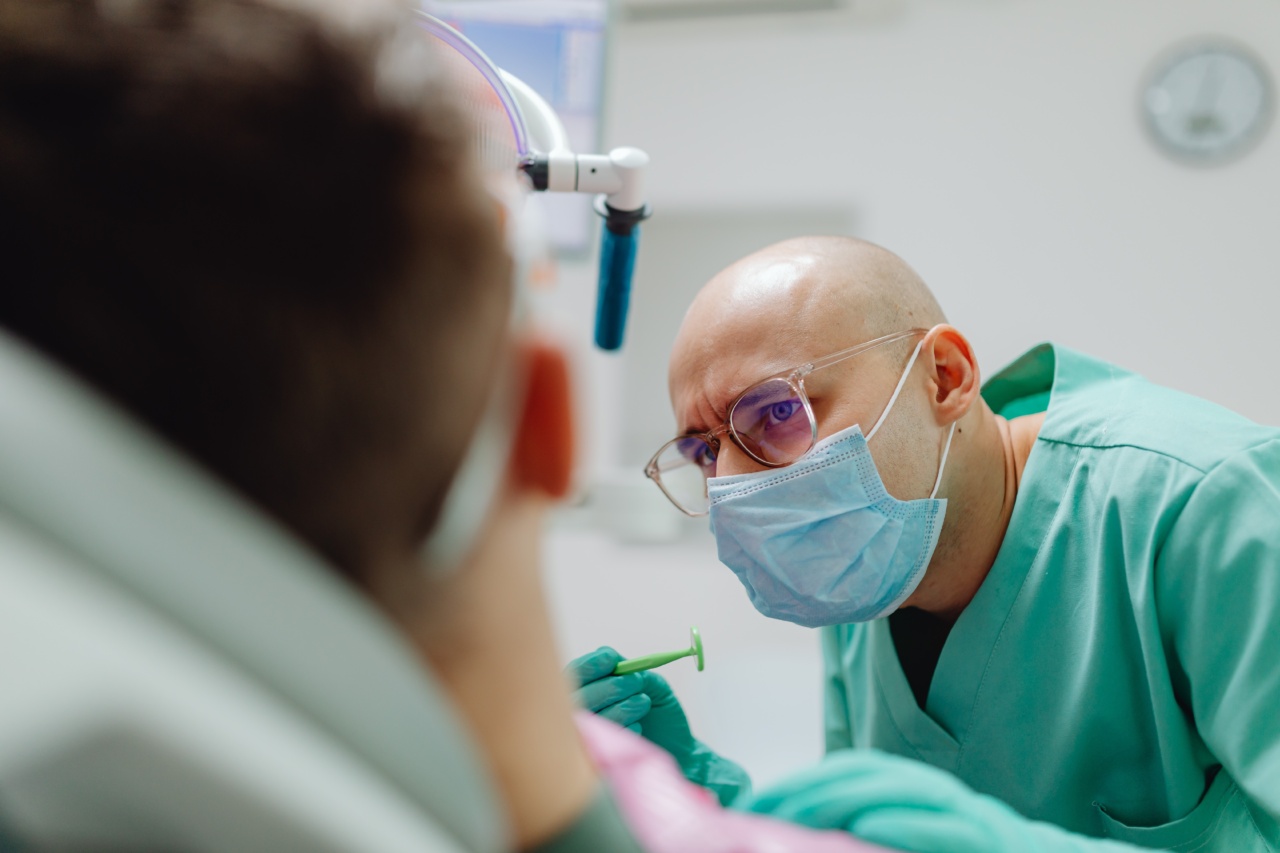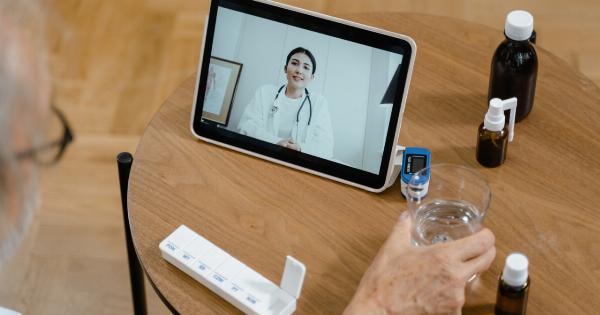Have you ever been misdiagnosed by a doctor? It can be frustrating when you’re feeling unwell but the medical professional you trust to help you can’t seem to pinpoint the problem.
Unfortunately, for some patients, misdiagnoses are more common than they should be.
Who Is This Doctor?
In this case, we’re talking about a specific doctor who always seems to get their patients’ diagnoses wrong. Let’s call them Dr. Smith (not their real name). While Dr.
Smith may have good intentions and be highly qualified, their track record with accurate diagnoses leaves something to be desired.
Why Is Dr. Smith Always Wrong?
There may be a number of reasons why Dr. Smith is consistently making diagnostic errors. Here are some possibilities:.
- Insufficient training or experience in a particular area of medicine
- Failure to keep up-to-date with the latest medical research and advancements
- Poor communication skills, leading to misunderstandings with patients about their symptoms
- An unwillingness to admit when they don’t know the answer
- Overconfidence in their own abilities
Of course, these are just a few possible explanations. It’s also worth noting that some medical conditions are notoriously difficult to diagnose, even for the most skilled and experienced doctors.
However, if you’re consistently receiving inaccurate diagnoses from the same healthcare provider, it may be time to seek a second opinion.
The Risks of Misdiagnosis
Misdiagnoses can have serious consequences for patients. Delayed or incorrect treatment can lead to a worsening of symptoms, permanent health consequences, or even death in extreme cases. Here are some of the risks associated with misdiagnosis:.
- Exposure to unnecessary medications or treatments
- Inability to receive proper treatment for the underlying condition
- Unnecessary surgery or medical procedures
- Development of other health problems as a result of incorrect treatment
- Emotional distress and other negative psychological consequences
Clearly, it’s important for doctors to take their diagnostic responsibilities seriously and do everything they can to avoid misdiagnosing their patients.
What to Do If You’ve Been Misdiagnosed
If you suspect that you’ve been misdiagnosed by a doctor, it can be challenging to know what to do next. Here are some steps you might consider taking:.
- Seek a second opinion from another qualified medical professional
- Get copies of your medical records and review them carefully
- Consider filing a complaint with the doctor’s licensing board or other relevant organizations
- Consult with a medical malpractice attorney to determine whether you have grounds for legal action
- Speak with a patient advocate or support group to get emotional support and advice for navigating the healthcare system
Remember that you have the right to advocate for your own health and well-being. If you feel that you’ve been wronged by a healthcare provider, it’s within your power to take action.
Preventing Misdiagnosis
Ultimately, the best way to avoid misdiagnosis is to take an active role in your own healthcare. Here are some things you can do to minimize the risk of diagnostic errors:.
- Be honest and thorough when describing your symptoms to your healthcare provider
- Ask questions about the diagnostic process, including the doctor’s reasoning and their confidence in their diagnosis
- Seek a second opinion if you have any doubts or concerns about your diagnosis
- Keep track of your medical history and any medications you’re taking
- Research your symptoms and the conditions they may be associated with, but be cautious about self-diagnosis and always consult with a medical professional
By taking an active role in your own healthcare and working closely with qualified medical professionals, you can minimize the risk of misdiagnosis and ensure that you receive the best possible care.




























